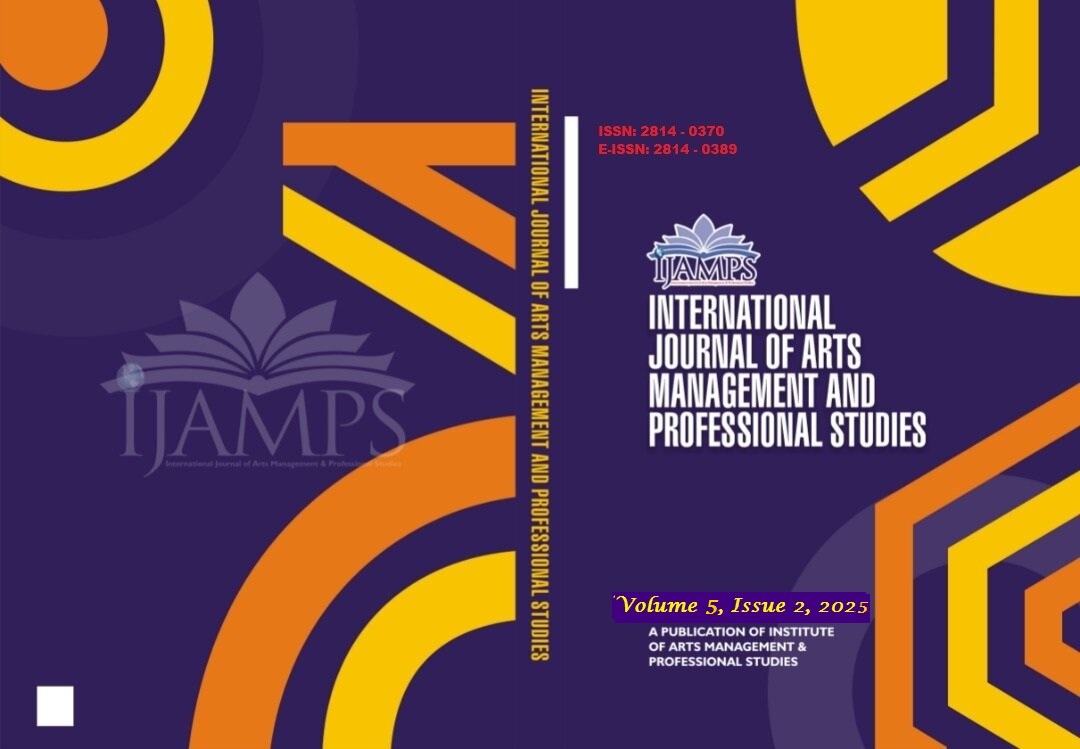
INSTITUTIONAL INNOVATION AND INVESTMENT ATTRACTION: EVALUATING NIGERIA'S STRATEGIC FRAMEWORK FOR FOREIGN DIRECT INVESTMENT IN THE DIGITAL ECONOMY ERA
Eze Chidi Nwauba, Bassey Moses Ogar
Volume 5, Issue 2, June 2025
This study evaluated Nigeria's business strategies for attracting Foreign Direct Investment (FDI), focusing on regulatory changes, infrastructure improvement, and institutional frameworks. Cross-sectional data from 467 firms were subjected to pooled regression analysis within an ex-post facto comparative research design. Regression analysis established that trade reforms had a positive and statistically significant coefficient of 7.25 (p<0.05), followed by infrastructure development with a coefficient of 145.60 (p<0.000), while institutional regulatory frameworks had a positive coefficient of 6.85 (p<0.000). However, high corporate leverage negatively influenced investment (β=-4.50, p=0.007), though customs integration showed insignificant effects (β=0.85, p=0.382). FDI inflow into Nigeria was only $187 million in 2022 due to policy fluctuation, insecurity and poor infrastructure, contrasting with Egypt's $8.5 billion. The analysis revealed that bureaucratic constraints, foreign exchange challenges, and reliance on volatile speculative capital flows (68% of total in 2019) impeded sustainable FDI attraction. The study emphasizes the need for systemic changes fostering good governance, policy stability, and infrastructure development through public-private partnerships.